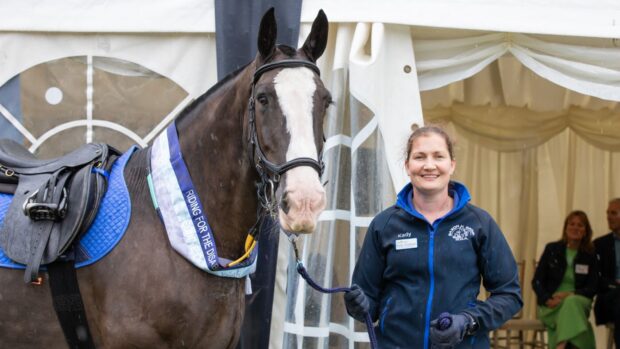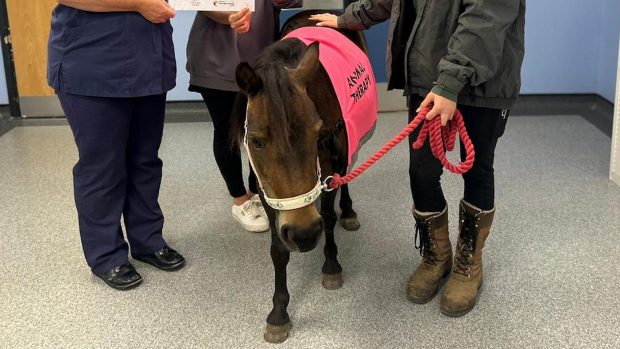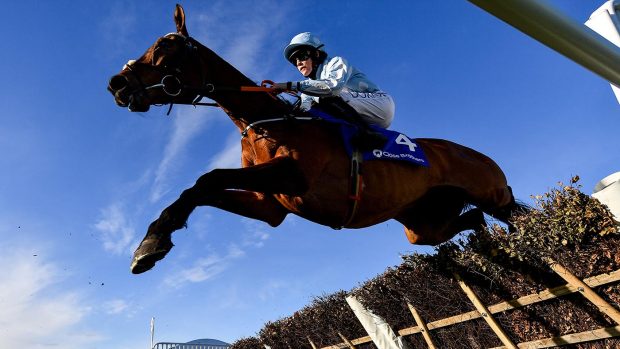Pure essential oils are obtained by the distillation of flowers, grasses, leaves and roots which produces a concentrated aromatic plant essence, such as camomile, rose, lavender and tea tree.
According to their make-up, oils have many healing properties, such as being an antiseptic, anti-inflammatory, expectorant, fungicide, sedative or stimulant.
A trained equine aromatherapist will offer various pure essential oils for the horse to inhale from their hands and the horse will let them know the ones with which he is happiest. This will be those he needs for his treatment.
In general, all essential oils have the ability to strengthen the immune system and are detoxifying and antiseptic. They can be used as a preventative measure as well as aiding the healing process.
Essential oils are all natural and have no side effects, but they must be used with care.
They should not taken internally and, apart from lavender, should never be applied neat, but with either a water-based gel or carrier oil, such as sunflower or almond.
Some equine aromatherapists swear by a gel as the carrier, while others will only use an oil.
Safety first
Remember, although only tiny amounts of oil are used, they are extremely concentrated and powerful and should be treated with respect.
As aromatherapy is not meant to replace conventional veterinary treatment, always consult your vet first.
When buying essential oils, use a reputable supplier and make sure the oils are in small, dark, opaque bottles.
Take care with your oils and store them in a cool, dark place away from direct sunlight and out of reach of children and animals.
Essential oils should always bediluted before use in a carrier oil or gel.
Do not use on in-foal mares.
Do not apply to the horse¡s nostrils in direct sunlight as the oils may cause sunburn. Avoid eyes and genital areas.
Make up your products in 100mlbottles, use this up and make a fresh pot. If stored correctly, the oils mentioned will keep for about six months.
Always label and date your preparation.




